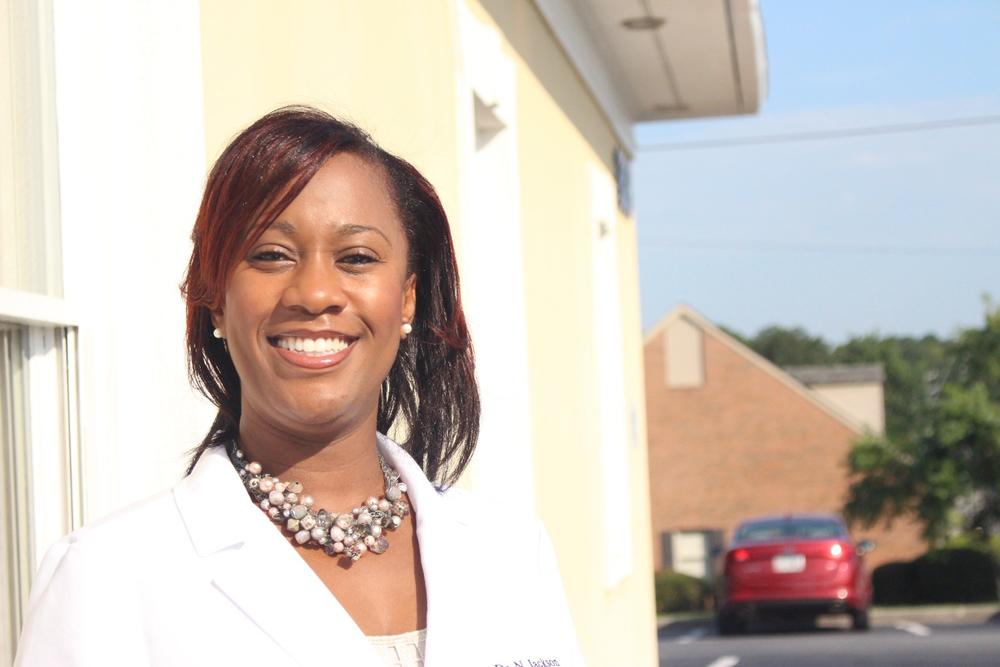
Section Branding
Header Content
Student Journalists Ask "What Is Southern?"
Primary Content

The confederate flag has come down. Next, it may stop flying over confederate cemeteries. And the debate surrounding that flag and what it represents has put southerners under a microscope.
Coincidentally, the Center for Collaborative Journalism at Mercer University was in the midst of helping high school students in the program’s annual summer camp ask questions about history and heritage just days before the murders in Charleston occurred.
Students started conversations with people who live in Macon, Georgia, with a single question: what does it mean to be Southern?
Brad Evans publishes the 11th Hour, an arts and culture magazine in Macon, and is originally from a tiny town in South Georgia.
“Southerners hold on to ideas even when they aren’t the best ones, ya know?” he said. “Like, there’s there’s a craft beer craze going on now but I refuse to drink it because I drink Budweiser. Maybe not the best tasting beer ever, but being around it in my childhood makes me very loyal to it.”
Not everybody thinks southerners are closed minded. Nicole Jackson is a dentist with a practice in Macon. She’s African American and grew up in New Orleans.
“In New Orleans, being Southern means to be very open to different ideas and perspectives,” she said.
But, Jackson said she recognizes that, like Evans said, people haven’t always been so open.
“As a mother... I find myself trying to explain our history to my kids in a way that - where I’m trying to soften the blow, because it's a very harsh history that we have. And there are some things that are a part of our history that some people are not very proud of,” Jackson said.
However, there are parts of southern history that some people do take a lot of pride in.
Nicole Thurston is the executive director of the Cannonball House, a historic home that is now a museum focusing on the Antebellum and Civil War era south. She said that people are still gathering there to remember their heritage.
“We have things like the United Daughters of the Confederacy. We have the Colonial Dames that meet here, women that can trace their families back just generation upon generation upon generation,” she said.
“And I was concerned at first. I said 'well, are we glorifying things from the past?’ and I realized that no, they're just remembering their ancestors,” Thurston said.
Andy Wilson also talked about people who make a point to embrace their past. He co-owns a business in Macon and has been here since he was young. He said he loves his heritage, but that there are also parts he hates, like the confederate flag. Wilson said, though, that that kind of “southern” is fading.
“I love Southern heritage and I love the fact that I’m Southern. But I feel like a drop of water in an ocean sometimes,” Andy Wilson said.
“The ‘good ole boy,’ the ‘redneck,’ the stereotype in the forties and fifties and sixties -- that's changing. It's going away. And it can't go away fast enough for me. The bad thing is, the good parts of being southern are going away, too. The manners we have for one another. Saying ‘yes sir,’ ‘yes ma'am,’ ‘no ma'am,’ ‘no sir,’ that's going away as well, and we're becoming more big city. And that's sad,” he said.
Wilson wasn’t the only one who talked about hospitality and courtesy. And others talked about food and family. Tradition. Change. For all of those voices and perspectives, be sure to check out all of the stories and videos online at Being Southern
Tags: Sarah Pounds, Southern, south, Macon, Georgia
